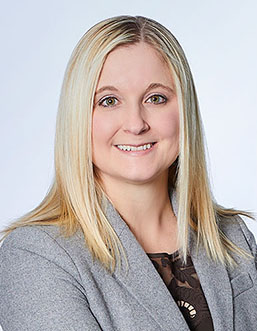In Ferguson v. Aon Risk Servs. Co., the United States District Court for the Northern District of Illinois granted Defendants’ (collectively, “Aon”) motion for summary judgment based on Plaintiffs’ lack of standing as third-party beneficiaries and failure to file within the statute of limitations.
The Plaintiffs were shareholders or successors to the shareholders of Clarendon’s parent companies. Raydon, a subsidiary of SCB, was an insurance broker. Clarendon was Raydon’s largest client. Aon, also an insurance broker, assisted SCB in obtaining a professional liability insurance program that included coverage for Raydon. Plaintiffs sued Aon alleging Aon failed to properly notify SCB’s excess carriers of Plaintiffs’ claims against Raydon. Plaintiffs asserted negligence and breach of contract claims against Aon, purporting to be third-party beneficiaries of alleged contracts between Aon and SCB.
Aon moved for summary judgment based on Plaintiffs’ lack of standing and failure to file within the statute of limitations. Aon argued Plaintiffs lacked standing to sue because they were not Aon’s client, and they were not third-party beneficiaries of any contract between Aon and SCB. Plaintiffs argued they were direct beneficiaries of two agreements between Aon and SCB: one from 1999 and another from 1996.
The 1999 agreement between Aon and SCB was an agreement to provide notice of Plaintiffs’ claims against Raydon to Raydon’s insurers. The court disagreed with Plaintiffs that this agreement showed an intent to confer a “direct benefit” on Plaintiffs, which was necessary to establish their third-party beneficiary theory. The 1996 agreement involved Aon tendering claims to SCB’s insurers. The court found these documents were not a contract, but rather a scope of work proposal and an insurance application. None of the 1996 documents created any contractual obligation to which Plaintiffs could be a third-party beneficiary. The court also found like the 1999 agreement, that there was no language within the 1996 documents that expressly conferred a benefit on Plaintiffs. The court concluded neither the 1999 nor the 1996 agreements created a duty between Aon and Plaintiffs and that Plaintiffs’ claims were barred because they lacked standing.
Defendants also successfully argued the Plaintiffs’ contract claim was time barred. In Illinois, there is a two-year statute of limitations for claims against an insurance broker. Such claims for breach of contract accrue at the time of the breach, rather than when damages are sustained. The court found that Plaintiffs knew of their claims for over seven years before bringing their lawsuit in 2019, as they had commenced an investigation in 2009 to determine if SCB’s carriers received timely notice. As such, the court also concluded Plaintiffs’ claims were time barred.
This case continues to demonstrate that professionals do not typically owe a legal duty to any party other than their clients. There are exceptions to this general rule, but this case affirms that it can be difficult for a non-client to establish liability against the professional.
Summer Associate Abbey Hammack was a contributing author to this post.
